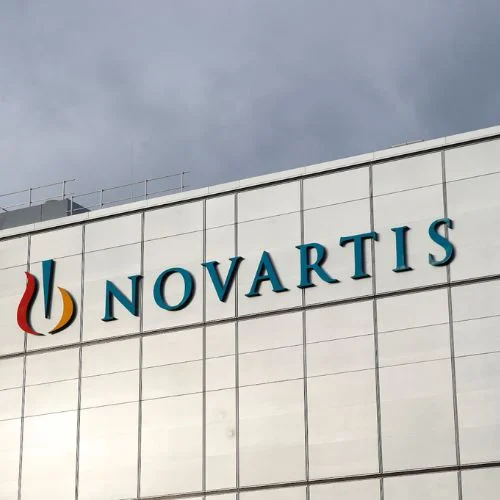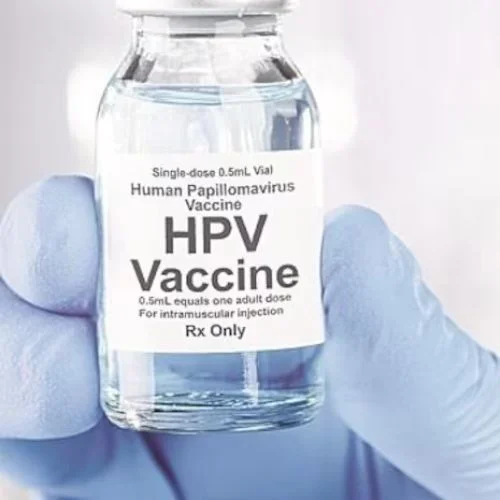A bombshell report from a federal watchdog has exposed a staggering case of potential fraud in the U.S. government’s COVID-19 relief programs, revealing a mind-boggling theft of over $200 billion. The report sheds light on the alarming deterioration of controls within the U.S. Small Business Administration (SBA) as it hurriedly disbursed funds. However, the SBA vehemently challenges the findings, arguing that the inspector general’s methodology has led to an overestimation of the extent of fraud. The majority of these fraudulent activities are believed to have occurred in 2020, under the previous administration. In this comprehensive article, we delve deep into the findings, ongoing investigations, and the shocking reality of fraud that has plagued various government assistance programs during the pandemic.
Massive Fraud in COVID-19 Relief Programs:
According to the office of the inspector general at the SBA, an astonishing 17% of the funds disbursed through the government’s Economic Injury Disaster Loan (EIDL) and Paycheck Protection Program (PPP) were flagged as potentially fraudulent. The SBA’s swift distribution of approximately $1.2 trillion in EIDL and PPP funds inadvertently led to weakened controls, thereby creating an environment conducive to fraudulent activities.
Dispute Over Fraud Figures:
While the watchdog’s report estimates potential fraud at over $200 billion, the SBA vehemently disagrees. The agency’s experts contend that the actual amount of potential fraud stands at $36 billion, with an overwhelming 86% of these fraudulent activities taking place in 2020, during the tenure of the previous administration. President Joe Biden assumed office in January 2021.
Investigations and Task Forces:
In response to the mounting fraud cases associated with government assistance programs, the United States has launched comprehensive investigations. In May 2021, Attorney General Merrick Garland established the COVID-19 Fraud Enforcement Task Force, specifically designed to combat fraud stemming from the pandemic.
Specific Cases of Fraud:
In a shocking revelation, the inspector general for the U.S. Labor Department unveiled that fraudsters are estimated to have siphoned off a staggering $45.6 billion from the country’s unemployment insurance program during the pandemic. These unscrupulous individuals employed various tactics, including the utilization of Social Security numbers belonging to deceased individuals.
Furthermore, federal prosecutors have charged multiple defendants for embezzling an astounding $250 million from a government aid program specifically aimed at providing meals to vulnerable children in need during the pandemic.
Questionable Social Security Numbers:
A separate watchdog report, published earlier this year, brought to light that the U.S. government potentially granted approximately $5.4 billion in COVID-19 aid to individuals with dubious Social Security numbers.
Conclusion:
The disclosure of potential fraud surpassing $200 billion in the U.S. government’s COVID-19 relief programs has triggered widespread concerns regarding the efficacy of the controls implemented by the SBA. Ongoing investigations and dedicated task forces are diligently working to identify and prosecute those involved in these fraudulent activities. The sheer magnitude of this fraud underscores the formidable challenges faced by governments when it comes to swiftly distributing aid while simultaneously implementing robust safeguards to prevent misappropriation.















